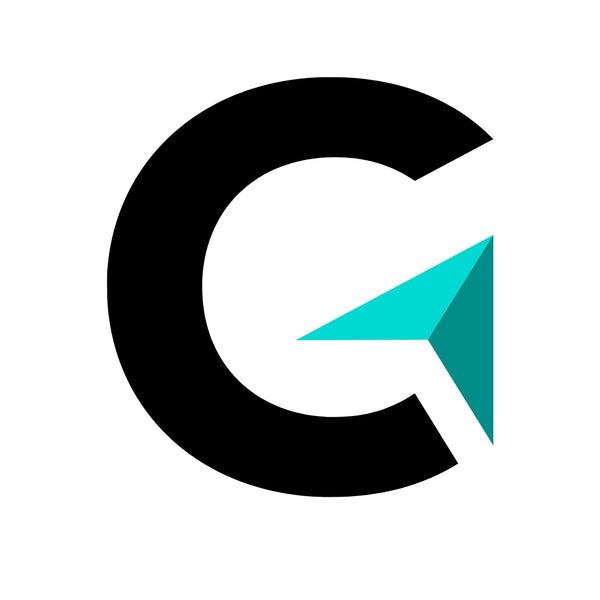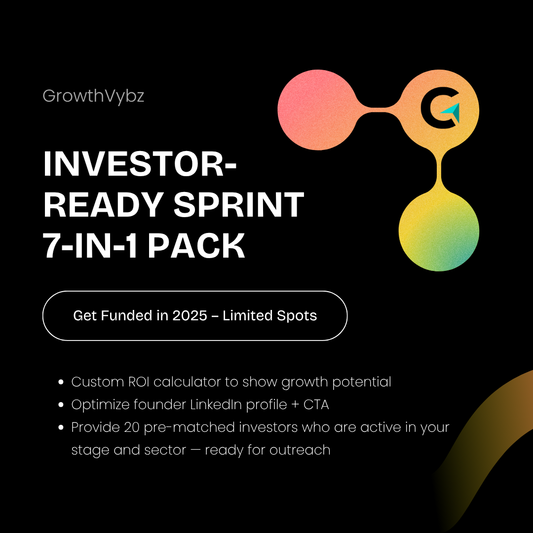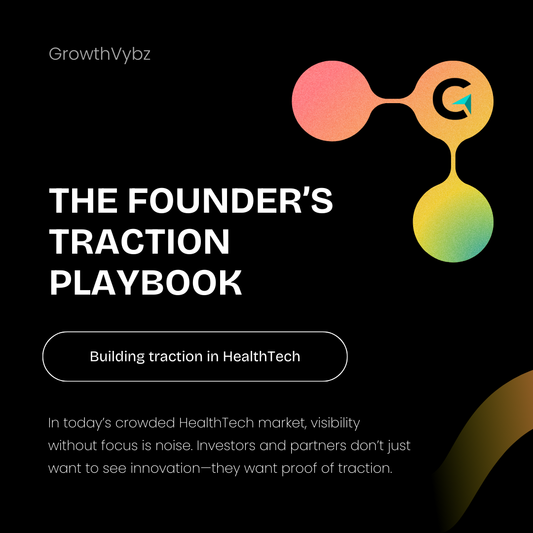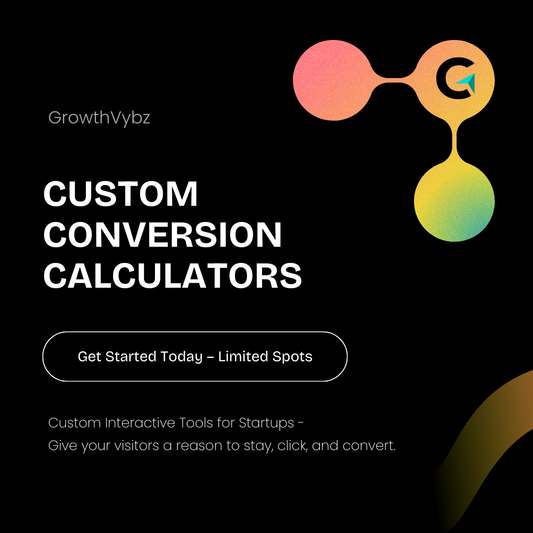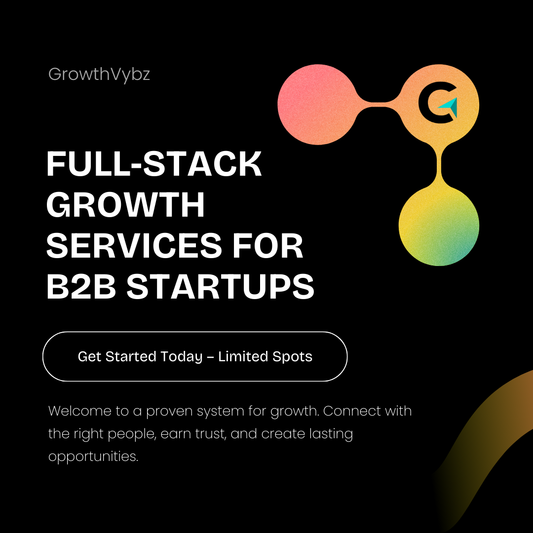According to HealthTech Digital (2025), 70% of AI health startups fail to move beyond the pilot phase. The common culprits? Lack of integration, weak clinical fit, and unclear ROI. But a select few broke the pattern—and got embedded into real-world hospital systems, imaging suites, payer portals, and care teams.
To succeed, these startups aligned with a 3-part framework:
✅ Clinical Fit: Designed around real pain points—not demo hype
✅ System Integration: Compatible with PACS, EMRs, workflows
✅ ROI Triggers: Measurable cost savings, time reduction, or outcomes
AI Market Map 2025: Startups With Strong Clinical Traction
Grouped by real deployment & clinical use

1. Imaging & Diagnostics
AI solutions deployed in radiology, screening, and pathology:
-
Aidoc – Stroke & trauma triage AI used in 1000+ hospitals
-
Qure.ai – Chest X-ray and CT scan AI used in 80+ countries
-
Enlitic – Radiology NLP & triage embedded with UCSF, GE
-
RapidAI – Stroke detection AI used in 1900+ global sites
-
Volpara Health – Mammography & density analytics FDA-cleared
-
Butterfly Network – Pocket-sized ultrasound with AI overlay
-
Zebra Medical – Population-scale screening for osteoporosis and more
-
Arttery Labs – Vascular biometrics from standard video feeds
-
deeepc – AI radiology workflow augmentation from Germany
-
SOPHiA GENETICS – Genomics + radiomics integration platform
2. Clinical Decision Support
LLMs, evidence mining, and diagnostics tools used by clinicians:
-
OpenEvidence – Used by 40%+ U.S. physicians for rapid guideline access
-
Counterforce Health – Automates medical necessity documentation for payers
-
Ada Health – Symptom checker used in EU health systems
-
Heidi Health – AI diagnostic assistant used in Australian primary care
-
Causaly – Literature mining for biopharma, deployed with Novartis
-
Deep Genomics – AI-powered rare disease mutation prioritization
-
Innovaccer – Unified patient records used in 100+ provider networks
-
Clarify Health – Stratification engine for payers & risk-based care
-
Infermedica – Pre-diagnosis triage for clinics & insurers
-
Evidence Prime – GRADEpro AI used for guideline development
3. Workflow Automation & Medical Scribes
Ambient, automated documentation and admin support:
-
Heidi Health – Real-time notes and diagnostics
-
Abridge – Ambient medical scribe used at UPMC & others
-
Suki AI – Voice assistant EMR scribe for providers
-
K Health – Automated triage + symptom checker
-
Notable Health – RPA + AI for intake, billing, reminders
-
Ambience Healthcare – Ambient AI assistant live at Cleveland Clinic
-
Nabla Copilot – ChatGPT-based assistant for clinicians
-
Augmedix – Scribing via remote assistants + AI
-
OpenEvidence – Also automates documentation
-
Elinext AI – Health RPA platforms across EU clients
4. Remote Monitoring & Patient Engagement
Wearables, apps, and risk tools used outside hospitals:
-
Adherium – Smart inhaler adherence tracking live in NZ
-
Toku Eyes – Retina-based risk scoring in pharmacies
-
Butterfly Network – Bedside & home imaging by nurses
-
Volpara – Breast health app + imaging scoring
-
The Clinician (ZEDOC) – PROMs + care journeys used in Singapore
-
K Health – Remote triage and automated follow-ups
-
Sensely – Chatbot for health systems and insurers
-
AliveCor – ECG-on-demand for at-home cardiac tracking
-
Biobeat – FDA-cleared wearables for hospitals + homes
-
Current Health – Remote care kit used by NHS + Mayo
5. Admin / Risk / Financial AI
Automating payers, billing, risk stratification:
-
Counterforce Health – Appeals engine for Medicaid
-
Clarify Health – Payer analytics and episode optimization
-
Real Time Medical – Predictive alerts for care escalation
-
Cohere Health – Prior authorization streamlining
-
Bayesian Health – Early-warning clinical deterioration
-
Turquoise Health – AI-driven price transparency in U.S.
-
SNOMED CT AI – Enhancing coded terminology precision
-
HealthVerity – Identity + claim validation infrastructure
-
Subtle Medical – Radiology compression for billing workflows
-
Mira AI – Claims classification & automation
6. Drug Discovery, Biomarkers & Genomics AI
Startups embedded in pharma and biobanking:
-
Tempus – AI-powered sequencing, 30+ pharma deals
-
Aignostics – Pathology AI in trials with pharma
-
Insitro – Multimodal models for cell-level phenotypes
-
Owkin – Multi-center federated learning for drug trials
-
Causaly – Biomarker discovery via biomedical corpus
-
Pacific Edge – Genomic urine test for bladder cancer
-
Alimetry – Gut bioelectrical analytics + companion diagnostics
-
SOPHiA GENETICS – Genomics + radiomics + biobank analysis
-
PathAI – Pathology AI + clinical trial services
-
Arda Therapeutics – Immune cell–based drug targets
🧮 Hospital ROI From Clinical AI Deployment
Estimate time and cost savings from AI tools like scribes, diagnostics, and remote monitoring.
🚀 How These Startups Got Deployed
They didn’t just demo. They delivered value by aligning with:
-
Clinical Friction – Focused on solving clear bottlenecks
-
Workflow Fit – Plugged into Epic, Cerner, PACS, etc.
-
Regulatory Readiness – CE/FDA clearance to scale
-
ROI Clarity – Delivered savings or better outcomes
-
Payer/Provider Partnerships – Embedded at source
✅ Deployment Readiness Framework
How do you know if your AI product is ready to deploy in hospitals or payer systems?
Use this 5-step checklist to validate real-world readiness:
1. Problem Fit
🧩 Does your solution directly solve a workflow bottleneck clinicians already care about (e.g., stroke triage, documentation burden, radiology backlog)?
2. Data + Compliance
🔐 Is your AI model trained on high-quality, representative data? Are you compliant with HIPAA, GDPR, and have regulatory approvals (FDA, CE, etc.)?
3. Workflow Integration
🧠 Can your product plug into existing infrastructure—like Epic, Cerner, PACS, or billing tools—without creating new friction?
4. ROI Clarity
📊 Can you clearly show the economic upside? (e.g., fewer readmissions, saved clinician time, increased patient throughput)
5. Champions & Contracts
💼 Do you have a hospital/payer champion? Have you moved beyond a pilot to paid deployments or procurement approvals?
👉 If you're missing 2+ of these, you're not ready to scale yet.
I use this with clients to audit product readiness before fundraising or GTM launches.
✅ 3P Clinical AI Integration System
Want to actually get inside hospitals or payer systems? You need to align across the 3 Ps:
P1 – Providers
Focus on integration into daily clinical workflows.
→ Talk to real clinicians. Shadow rounds. Build for what’s already broken.
P2 – Platforms
Ensure compatibility with existing tech stacks.
→ Your AI should play well with EMRs (Epic, Cerner), PACS, LIS, scheduling or claims tools. No plug-in = no buy-in.
P3 – Payers
Map your AI to economic value.
→ Does it reduce readmission? Lower cost per case? Qualify for CPT code reimbursement? Payers won't buy “cool”—they buy savings.
This framework is what turns “interesting pilots” into strategic assets.
✅ AI Value Capture Pyramid
Every winning AI startup captures value at one or more of these levels. Which level are you playing at?
Level 1 – Revenue Enablement
💵 Does your tool unlock new CPT codes, procedures, or services?
Level 2 – Operational Savings
💡 Can you prove reduced FTE time, fewer duplicative tests, or better throughput?
Level 3 – Risk Reduction
⚖️ Are you reducing malpractice risk, medication errors, or system downtime?
Level 4 – Time Savings / Workflow Relief
⏱️ Do you give clinicians back their time (e.g., scribes, triage automation, task delegation)?
Level 5 – Clinical Outcomes
❤️ Are you saving lives, improving recovery times, reducing morbidity?
Tip: Investors and enterprise buyers value AI products most when they span 2–3 layers of the pyramid, with clear metrics.
💡 Final Tip for Founders
Use these frameworks before your next pitch, pilot, or partnership meeting.
Ask yourself:
✅ What layer of the Value Pyramid am I solving for?
✅ Have I mapped my product into Provider–Platform–Payer thinking?
✅ Can I confidently pass all 5 Readiness checks?
If not—this is where I come in.
👉 Let’s build your validation, GTM, or lead-gen system.
I’ve helped 500+ health & AI startups scale across 35+ countries. Let’s make your product used, not just demoed.
